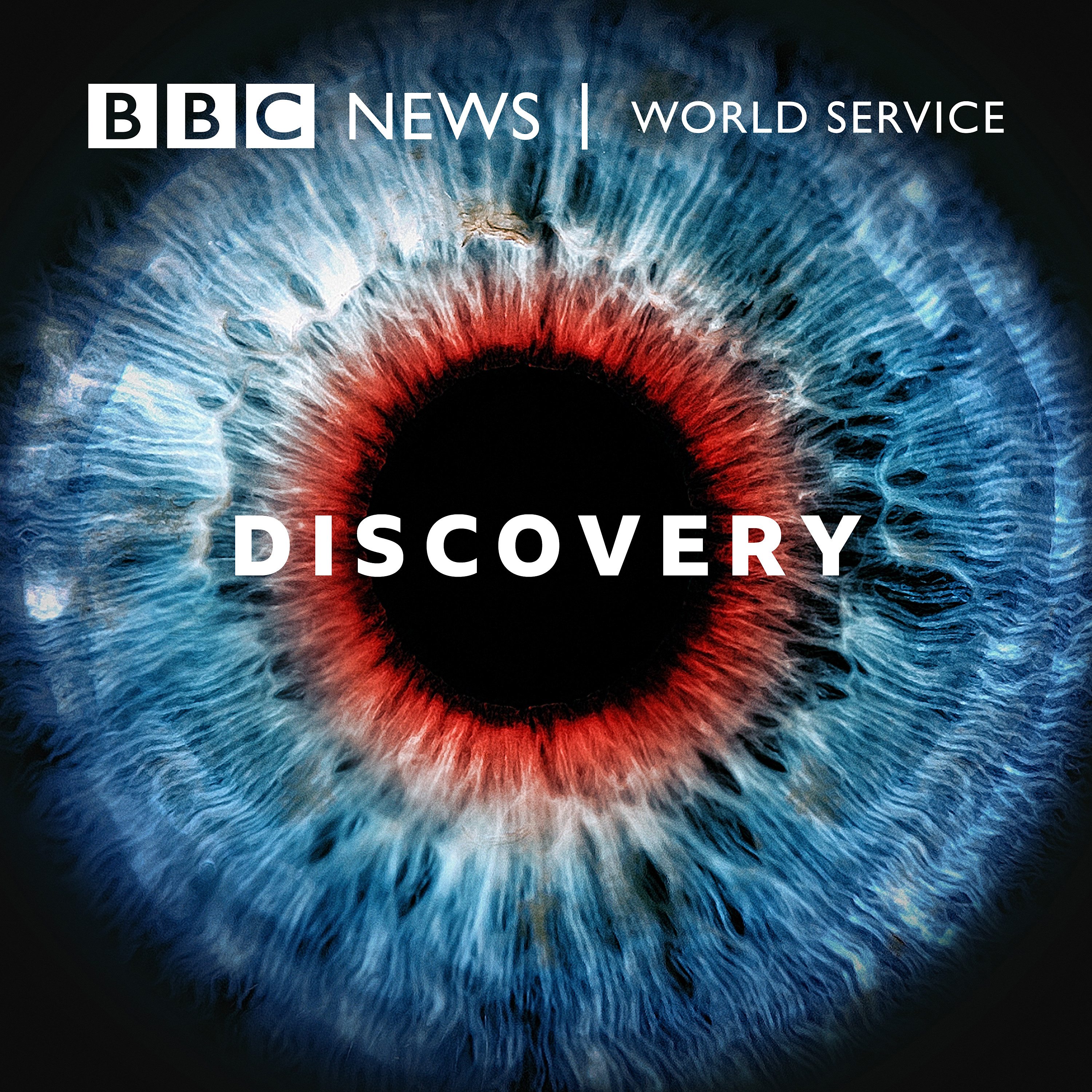
Discovery
Nov 28, 2020
Millions of us, across the world, are subject to curfews, stay-at-home orders and lockdowns but what makes us stick to the rules, bend them or ignore them altogether? Claudia Hammond and her expert panel of guests consider the psychology of following the rules.
Leading social psychologists share research which show that higher levels of trust in leadership translates to more pandemic guidance followed. A sense of “We” not “I”, a shared identity, makes a difference too, as well as identification with the whole of humankind, not just your immediate family.
But there is danger too, from a “narrative of blame”, where individuals are demonised if they break the rules. Such an approach, Claudia hears, is corrosive to the all-important sense of shared identity and alienates some groups, while making others complacent.
Also in the programme, what impact can rapid “have you got it” antigen tests which give results in minutes, rather than days, have on the virus?
Claudia hears from the Cameroon in Central, West Africa, one of the first countries in the world to try mass testing using these rapid diagnostic tests. And she talks to scientists at the forefront of evaluating and modelling how their use could affect transmission of the virus, and daily life for all of us, until a vaccine is available.
This month, Claudia’s panel of specialists answers BBC World Service listeners’ questions and includes Professor Michael Mina, Assistant Professor of Epidemiology Immunology and Infectious Diseases at Harvard TH Chan School of Public Health in USA, Dr Margaret Harris, from the World Health Organisation in Geneva, Switzerland, Steve Reicher, Professor of Social Psychology at St Andrews University in Scotland, Professor Rolf Van Dick, social psychologist and Vice President of the Goethe University in Frankfurt, Germany and Dr Jilian Sacks, senior scientific officer for Pandemic Preparedness for FIND, the Foundation for Innovative New Diagnostics in Geneva.

